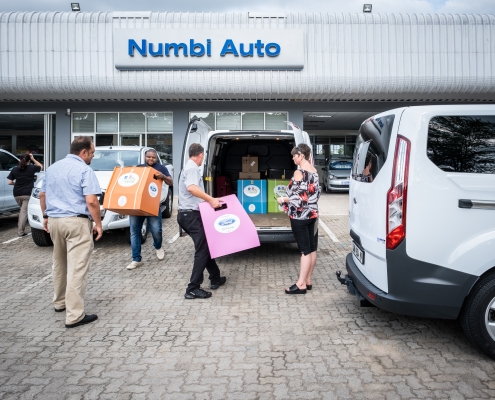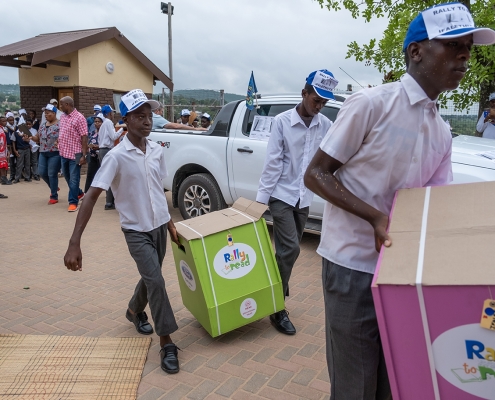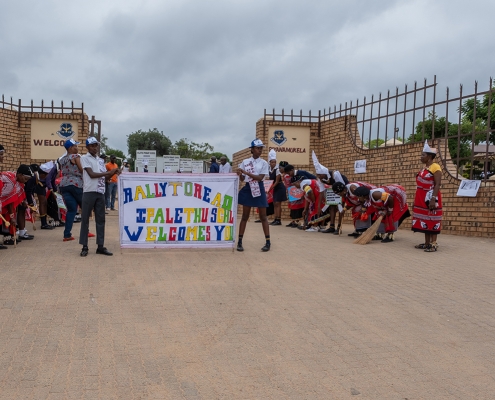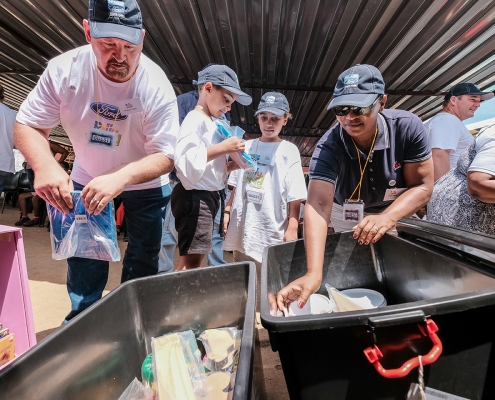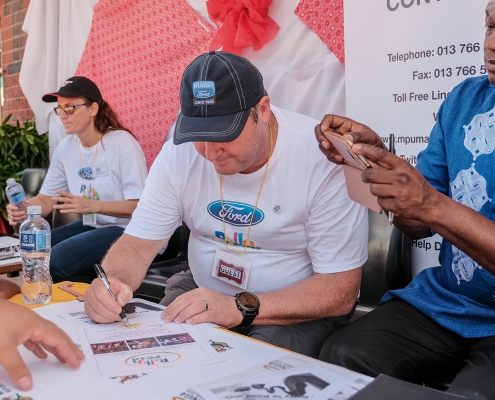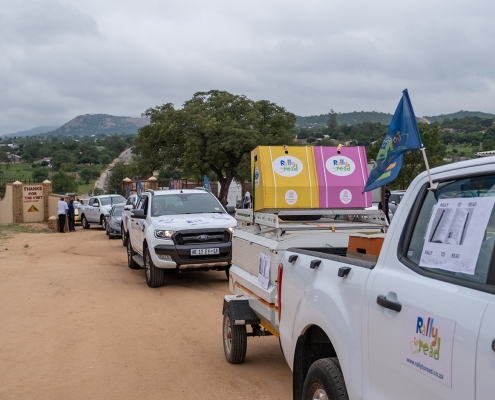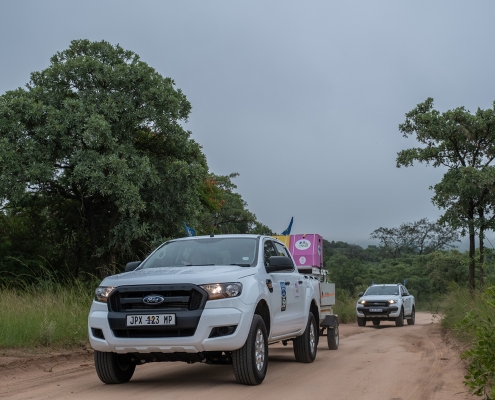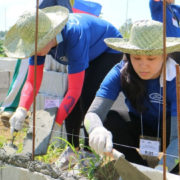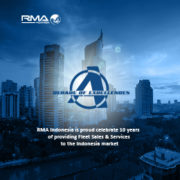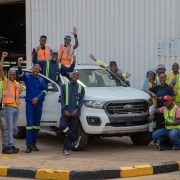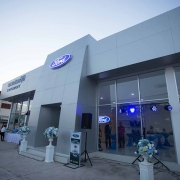Ford Collaborates with Rally to Read to Bolster Education and Literacy in Rural Areas
March 7th, 2019 Pretoria, South Africa – Ford Motor Company of Southern Africa (FMCSA) recently collaborated with the Read Educational Trust to support its Rally to Read education initiative in Mpumalanga.
The campaign took place in the Hazyview area, with representatives from Ford joining the Rally to Read team during their visits to ten schools in the White Hazy district, where books were donated for the foundation phase classes.
A total of 173 teachers and 8 890 learners from the ten schools in this region will benefit from the Ford-backed Rally to Read project, providing them with over 10 000 foundation phase books, 110 educational toys & games and 250 arts & crafts sets.
As part of Ford’s community programmes, we strive to make a meaningful impact in three key areas, comprising education, road safety and environmental conservation. The Rally to Read initiative is a perfect fit for our education pillar, as it assists in uplifting and better equipping rural primary school teachers and learners, says Neale Hill, Managing Director, Ford Motor Company of Southern Africa.
œWe are delighted to partner with Rally to Read with a contribution of R1.3-million for 2019 to empower teachers, learners and their parents for a brighter, more prosperous future, Hill adds.
Rally to Read aims to enhance education in remote rural areas through training workshops, mentorships and the delivery of carefully selected books to enable sound teaching methodologies to be implemented.
œEducation provides the foundation for community empowerment and upliftment, and the rural areas of South Africa face the biggest challenges in terms of the quality of teaching available, and the resulting poor levels of literacy amongst learners, says Bertus Matthee, National Director of the Read Educational Trust.
œWe are extremely grateful for the support from Ford, as its active participation and backing of the Rally to Read project will create crucial building blocks for under-equipped teaching staff to provide better education for our current learners and future leaders, Matthee adds.


